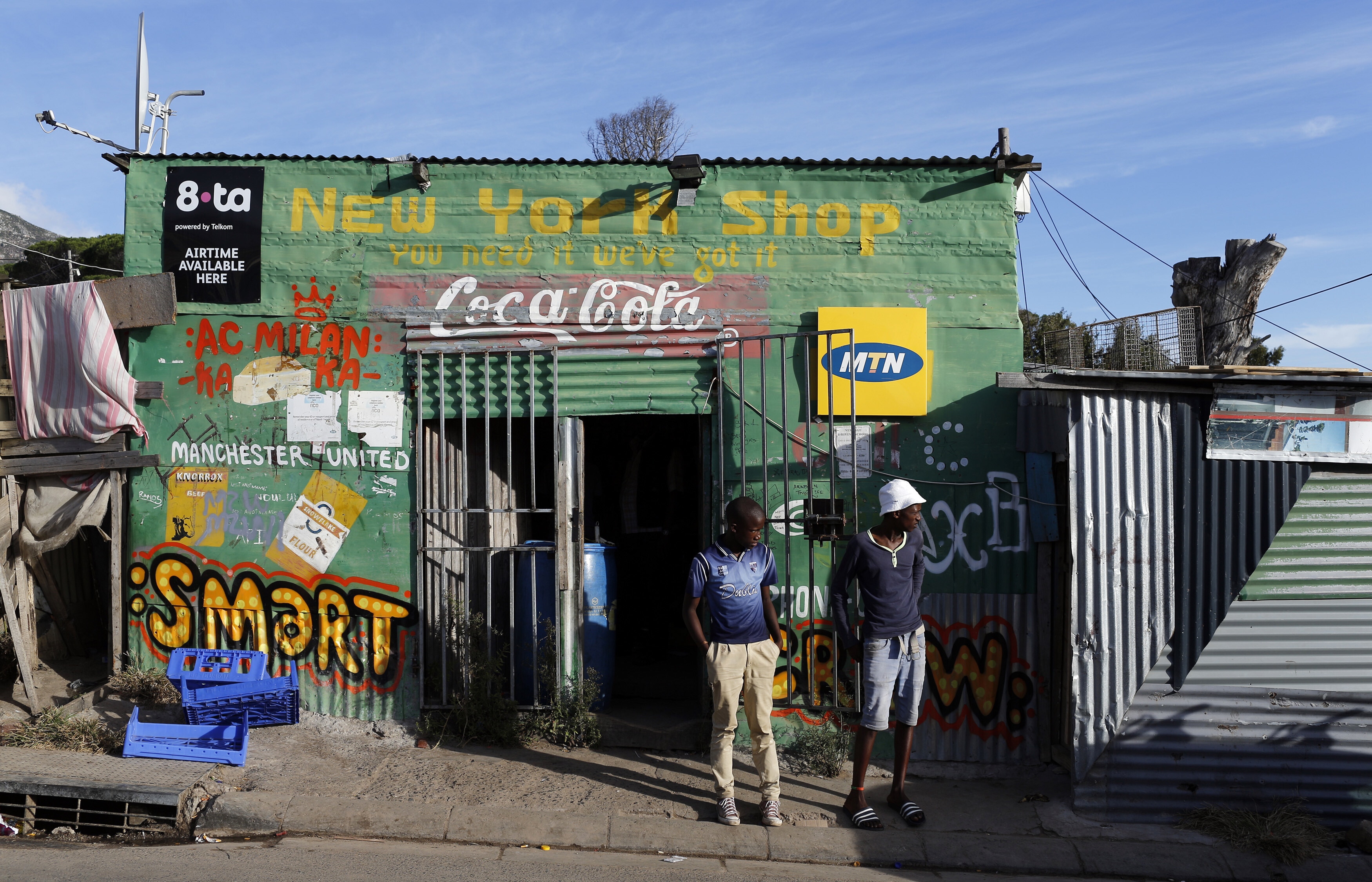Closing the gender pay gap in Latin America – why is progress so slow?

Image: REUTERS/Tont Gentile.
The gender pay gap in Latin America has narrowed more slowly for well-educated women than for others, and the slow pace of change hampers development and progress towards gender equality, the United Nations Latin American arm has said.
The gap for women with more than 13 years of education shrank by 9 percent from 1990 to 2014, but left them still earning 26 percent less than their male peers, according to new figures released by the Economic Commission for Latin America and the Caribbean (ECLAC).
"Earning the same salary as a man under equal conditions is a woman's right," Alicia Barcena, ECLAC's executive secretary, said in a statement.
"It is an unavoidable requirement for their economic autonomy as well as for the achievement of gender equality," she said.
The ECLAC figures show that while the pay gap between Latin American women and men shrank overall by 12 percent between 1990 and 2014, women still earned a quarter less than men.
The least educated women, with a maximum of five years of schooling, saw the biggest reduction in the gender pay gap and now earned nearly 80 percent of comparable men's earnings, up from 58 percent in 1990, the report said.
ECLAC has since 1990 compared the wages earned by men and women aged between 20 and 49, living in urban areas, working 35 hours or more a week, across 18 countries in Latin America and the Caribbean.
Laws passed across Latin America in recent years to protect domestic workers, the majority of them women, including setting minimum hourly pay rates, plus a rise in the monthly minimum wage, have lifted the earnings of less well educated female domestic workers, the report said.
More women in Latin America are now better educated and increasing numbers are working in the science and technology and telecoms sectors, but their pay has lagged that of male peers.
"This shows that the investment in education and vocational training of women has not impacted their earnings in line with those of men with the same training," the report said.
Big disparities between women's and men's pay persist around the world, and narrowing the gap will take decades.
In the United States, for example, if the pay gap continues to narrow at the pace it has since 1960, it will be 45 years before women and men have equal pay, according to the Institute for Women's Policy Research.
In the G20 leading nations, four in every 10 women see the gender pay gap as a key concern in the workplace, according to a 2015 poll of more than 9,500 women carried out by the Thomson Reuters Foundation and The Rockefeller Foundation.
Don't miss any update on this topic
Create a free account and access your personalized content collection with our latest publications and analyses.
License and Republishing
World Economic Forum articles may be republished in accordance with the Creative Commons Attribution-NonCommercial-NoDerivatives 4.0 International Public License, and in accordance with our Terms of Use.
The views expressed in this article are those of the author alone and not the World Economic Forum.
Stay up to date:
Latin America
Forum Stories newsletter
Bringing you weekly curated insights and analysis on the global issues that matter.
More on Equity, Diversity and InclusionSee all
Martin Jacob
February 17, 2026






